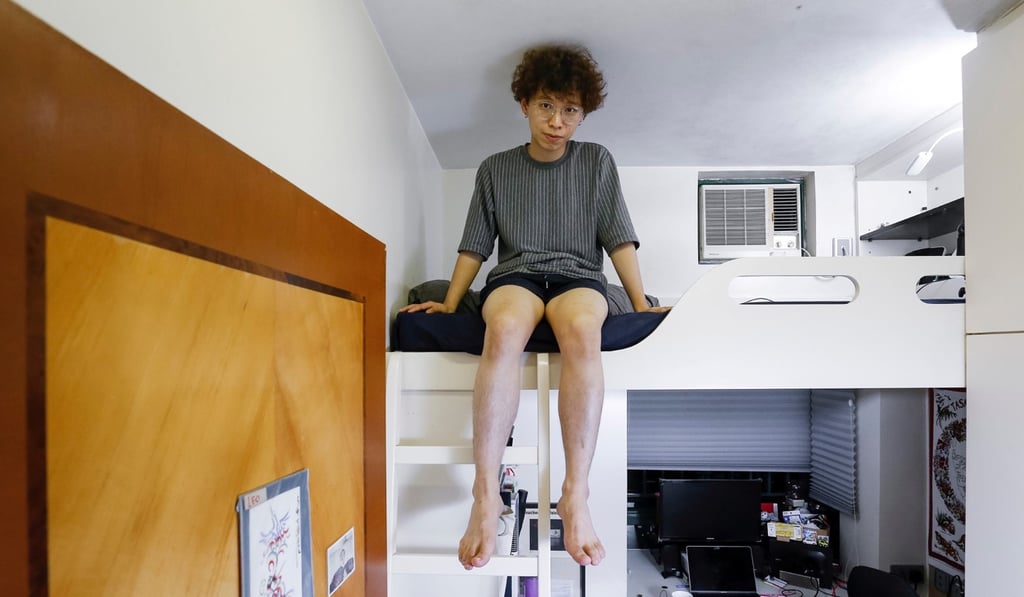Advertisement
Why Hong Kong’s angry and disillusioned youth are making their voices heard
As residential property prices continue to rise in what is already one of the most expensive cities in the world, Hong Kong’s youth find themselves priced out of ever owning their own homes and raging against more than the proposed extradition bill
Reading Time:5 minutes
Why you can trust SCMP

Young people have been at the forefront of continuing protests against a proposed extradition bill that have shaken Hong Kong. At the root of the turmoil is concern over what many people see as the inexorable erosion of civil liberties and the city’s autonomy by an ever-meddling central government that refuses to grant full democracy in the former British colony. But many young people in what is one of the world’s most densely populated and expensive cities are also infuriated by sky-high living costs and a feeling that a home of one’s own will never be more than a dream.
Over the past decade, Hong Kong’s residential property prices have skyrocketed by 242 per cent, and for the ninth year in a row, the city’s property market has been rated the world’s most unaffordable.
The average monthly salary is HK$19,100 (US$2,446) for men and HK$14,700 for women. The average monthly rent for a one-bedroom flat in the city centre is HK$16,551. In 2018, average home prices were 20.9 times the gross annual median household income, according to the Annual Demographia International Housing Affordability Survey. You could buy a French chateau for what you would pay for your Hong Kong shoebox in the sky.
Advertisement
With figures like these, it is clear that young Hongkongers’ anger will not be easily dispelled.

Advertisement
FUNG CHENG, 25. The graphic designer, pictured in his 54 sq ft bedroom, lives in a flat with his parents and brother in Hang Hau. Venting his frustration at a system he believes has robbed him of the chance to ever buy his own home, he says Chief Executive Carrie Lam Cheng Yuet-ngor has not listened to the people.
“It’s the system’s problem […] they don’t need a vote to be the government, there is no democracy,” he says.
Advertisement
Select Voice
Choose your listening speed
Get through articles 2x faster
1.25x
250 WPM
Slow
Average
Fast
1.25x